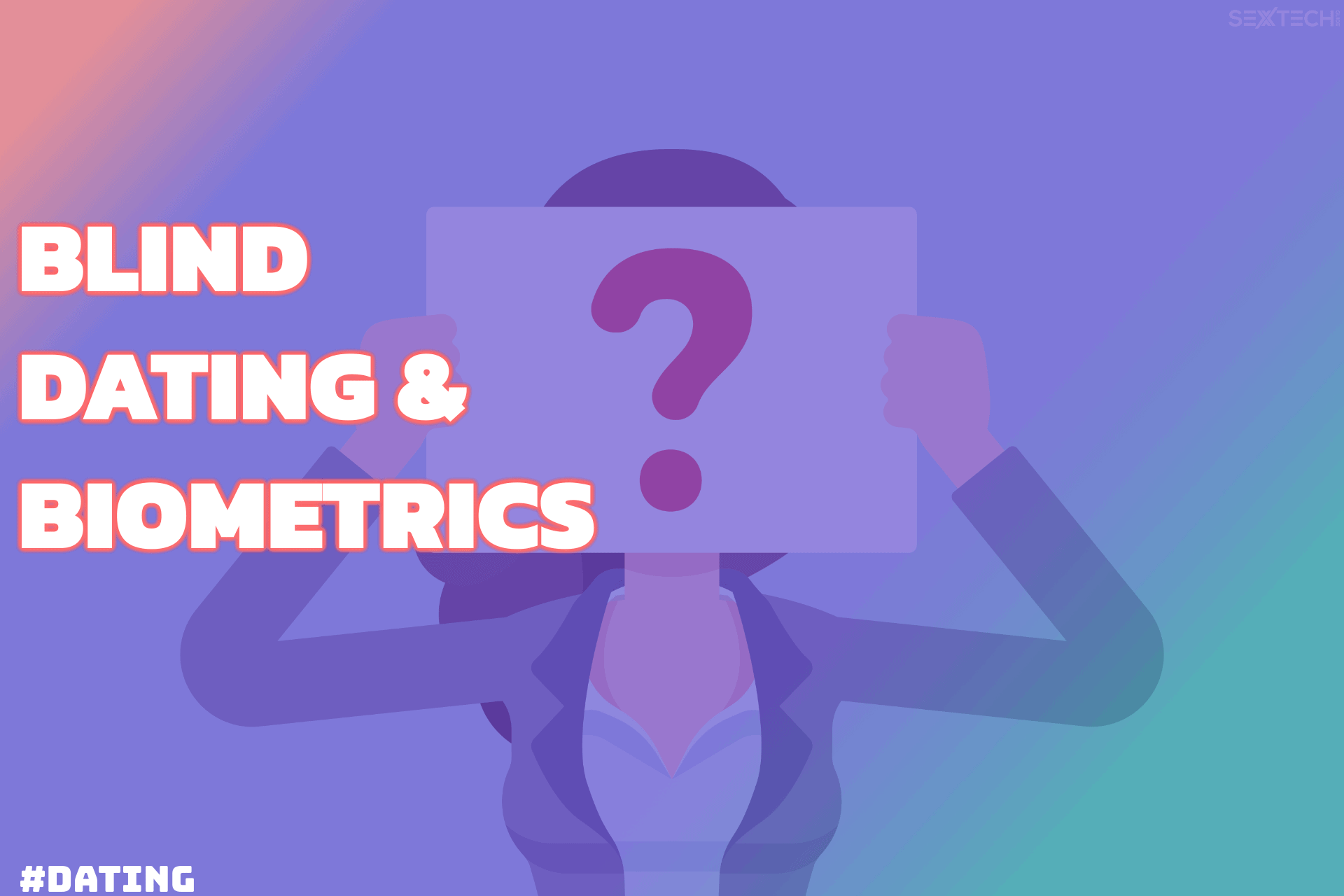
It’s February, the month of love. Love is Blind 2 has just dropped on Netflix, Tinder is rolling out a ‘blind date’ feature, while British dating app Fluttr is introducing biometric ID verification before people can “digitally mingle”, in a bid to counter rampant abuse and scamming found on dating apps.
And this barrage of updates comes amid considerable press ‘noise’ surrounding The Tinder Swindler. In short, the documentary looks at cases of alleged fraud perpetrated by a specific user. Despite launching its verification process last August, the accused fraudster (and all of his known aliases) was only banned from the app two days after the release of the Netflix documentary on February 4.
As Tinder tries to recapture its audience (and possibly distract from the negative headlines) with “fun innovative” conversation prompts and games to pair its members, other dating apps are taking a stance on improving user safety measures.
Last year Australian dating app SoulMate introduced an anti-catfish face scanning feature, and today, British app Fluttr is also trying to make dating a safer activity online.
To do so, Fluttr has partnered with Yoti, a global provider of digital ID and age verification services, that works with organizations such as the NHS and the Post Office. “Yoti’s app is a secure location for the storing of personal details, fully encrypted for customers’ peace of mind,” Fluttr says.
Biometric Identity Verification
Dating fraud rose by 40 percent in the UK during the initial phases of the Covid-19 pandemic, with around £92million lost just in 2021. With around twenty-five to thirty percent of dating profiles known to be fake, what can be done?
Circumvent Big Tech's Censorship! Never miss another post!
Subscribe to our notifications!
Article continues below
A study conducted by cybersecurity company Surfshark shared that half of all apps collect sensitive information, including “racial or ethnic data, sexual orientation, pregnancy or childbirth information, disability, religious or philosophical beliefs, trade union membership, political opinion, genetic information, or biometric data”.
It added that over fifty percent use data for third-party advertising, including Tinder, and found Badoo, Bumble, and HER as the most data-hungry dating apps on the market.
With such collection and sharing commonplace, users of dating apps need to question the purposes of handing over personal information. Is it for our safety, or merely a money-making scheme, that ultimately doesn’t keep us safe at all?
Fluttr’s built-in biometric ID-verified ecosystem is designed to prevent “the scamming and fraud that have shattered trust” and bring “back the excitement and anticipation associated with real-life dating,” the company says. Nonetheless, a centralized repository of people’s biometric information controlled by a third-party will always make some people a bit nervous in terms of their privacy, and perhaps rightly so.
Tinder’s testing ‘Blind Dating’
Are you willing to chat to someone without knowing what they look like? Tinder hopes that giving people a chance to answer questions like: It’s OK to wear a shirt ____ times without washing it” and “I put ketchup on____” will allow for romance to blossom where it wouldn’t have with pictures involved. It’s also hoping it might be a way to combat the voracious swipe culture the app has spawned.
Early testing found that 40 percent more matches were made, compared to its other image-based Fast Chat features. Out of that, we wonder how many continued chatting after seeing the images?
Love Is Blind might be a good indicator for this, reminiscent of the UK’s 90s dating show Blind Dates with Cilla Black.
“There’s something really special about letting conversation introduce someone’s personality, without the preconceptions that can be made from photos. The new Blind Date experience brings a surprisingly fun, banter-based way to interact and create connections that’s all new to Tinder,” Vice President of Product Innovation at Tinder, Kyle Miller, says.
The Fast Chat: Blind Date feature was launched in the US a few days ago, and is rolling out to global users over the coming weeks.
Read Next: Video-focused dating app Snack now lets you report someone for ghosting






